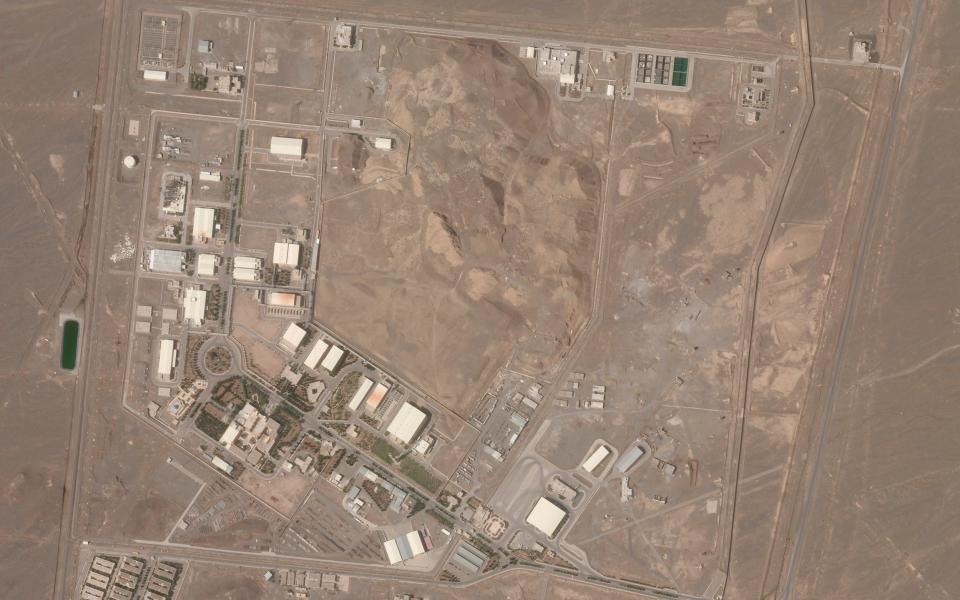Iran says blackout at Natanz desert facility was an act of 'nuclear terrorism'

A power outage at Iran's Natanz nuclear facility on Sunday was caused by an act of "nuclear terrorism", the country's nuclear chief Ali Akbar Salehi said, according to state TV, adding that Tehran reserves the right to take action against the perpetrators.
The incident took place a day after Tehran launched new advanced uranium enrichment centrifuges at the site. The desert facility is the centrepiece of Iran's uranium enrichment programme and is monitored by inspectors of the International Atomic Energy Agency, the U.N. nuclear watchdog. Tehran denies seeking to build a nuclear bomb.
"While condemning this despicable move, Iran emphasizes the need for the international community and the International Atomic Energy Agency to deal with this nuclear terrorism," Salehi said.
In July last year, a fire broke out at the Natanz facility, which the government said was an attempt to sabotage the country's nuclear programme. In 2010, the Stuxnet computer virus, widely believed to have been developed by the United States and Israel, was discovered after it was used to attack Natanz.
The latest incident comes amid efforts by Tehran and Washington to revive the 2015 nuclear deal after former U.S. President Donald Trump abandoned it three years ago and reimposed sanctions. Iran has gradually breached many restrictions imposed by the accord since then.
The two nations laid out tough stances at indirect talks in Vienna last week on how to bring both back into full compliance with the deal.
"The action taken against the Natanz site shows the failure of the opposition to Iran's industrial and political progress to prevent the significant development of Iran's nuclear industry," Salehi said.
"To thwart the goals of those who commanded this terrorist act... Iran will continue to improve its nuclear technology on the one hand and to lift oppressive U.S. sanctions on the other hand," he said.

 Yahoo Finance
Yahoo Finance 